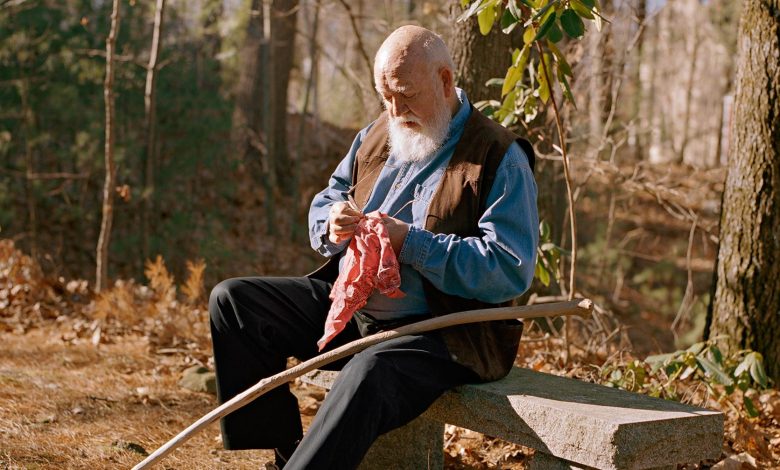There’s Magic In This Love Story, But It’s Buried Deep

quicktelecast– The opening scene of Christian Petzold’s Undine is more like the end of a story than the beginning. A couple sit together at a cafe table in a courtyard: a youthful woman (Paula Beer) with wavy red hair, and a somewhat older guy (Jacob Matschenz).
Fairly quickly, we get our bearings: it’s a break-up scene, where the guy, Johannes, has to admit to his girlfriend Undine that he’s found someone else. Nothing could be more ordinary, until she responds with an ultimatum: “If you leave me, I’ll have to kill you.”
We sense she isn’t kidding, nor just speaking metaphorically. But what exactly is going on? Is she a psychopath? Have we walked into the middle of a spy thriller? Or if there’s another possibility, what could that be?
There’s a lot to be said for going into Undine knowing nothing at all, not even the premise. Especially not the premise, since it’s possible to get almost to the end of this fairly short film without having the least idea what’s really going on, although everything proceeds in the calm, lucid manner expected of Petzold, a leading light of current German cinema.
Likewise typical of Petzold is the neatness of the design, built around recurring motifs: train journeys, for instance, or the Bach piano piece that punctuates the soundtrack, or the heroine’s brisk and assured yet slightly unsteady way of walking through present-day Berlin.
Undine by profession is a scholar of architecture, giving talks to visiting adult groups on the changing face of the city. Here she uses both maps and three-dimensional models with blank facades – and we’re led to feel that the film, in its enigmatic clarity, is itself akin to a demonstration model of this sort.
Fairly quickly, we get our bearings: it’s a break-up scene, where the guy, Johannes, has to admit to his girlfriend Undine that he’s found someone else. Nothing could be more ordinary, until she responds with an ultimatum: “If you leave me, I’ll have to kill you.”
We sense she isn’t kidding, nor just speaking metaphorically. But what exactly is going on? Is she a psychopath? Have we walked into the middle of a spy thriller? Or if there’s another possibility, what could that be?
There’s a lot to be said for going into Undine knowing nothing at all, not even the premise. Especially not the premise, since it’s possible to get almost to the end of this fairly short film without having the least idea what’s really going on, although everything proceeds in the calm, lucid manner expected of Petzold, a leading light of current German cinema.
Likewise typical of Petzold is the neatness of the design, built around recurring motifs: train journeys, for instance, or the Bach piano piece that punctuates the soundtrack, or the heroine’s brisk and assured yet slightly unsteady way of walking through present-day Berlin.
Undine by profession is a scholar of architecture, giving talks to visiting adult groups on the changing face of the city. Here she uses both maps and three-dimensional models with blank facades – and we’re led to feel that the film, in its enigmatic clarity, is itself akin to a demonstration model of this sort.


